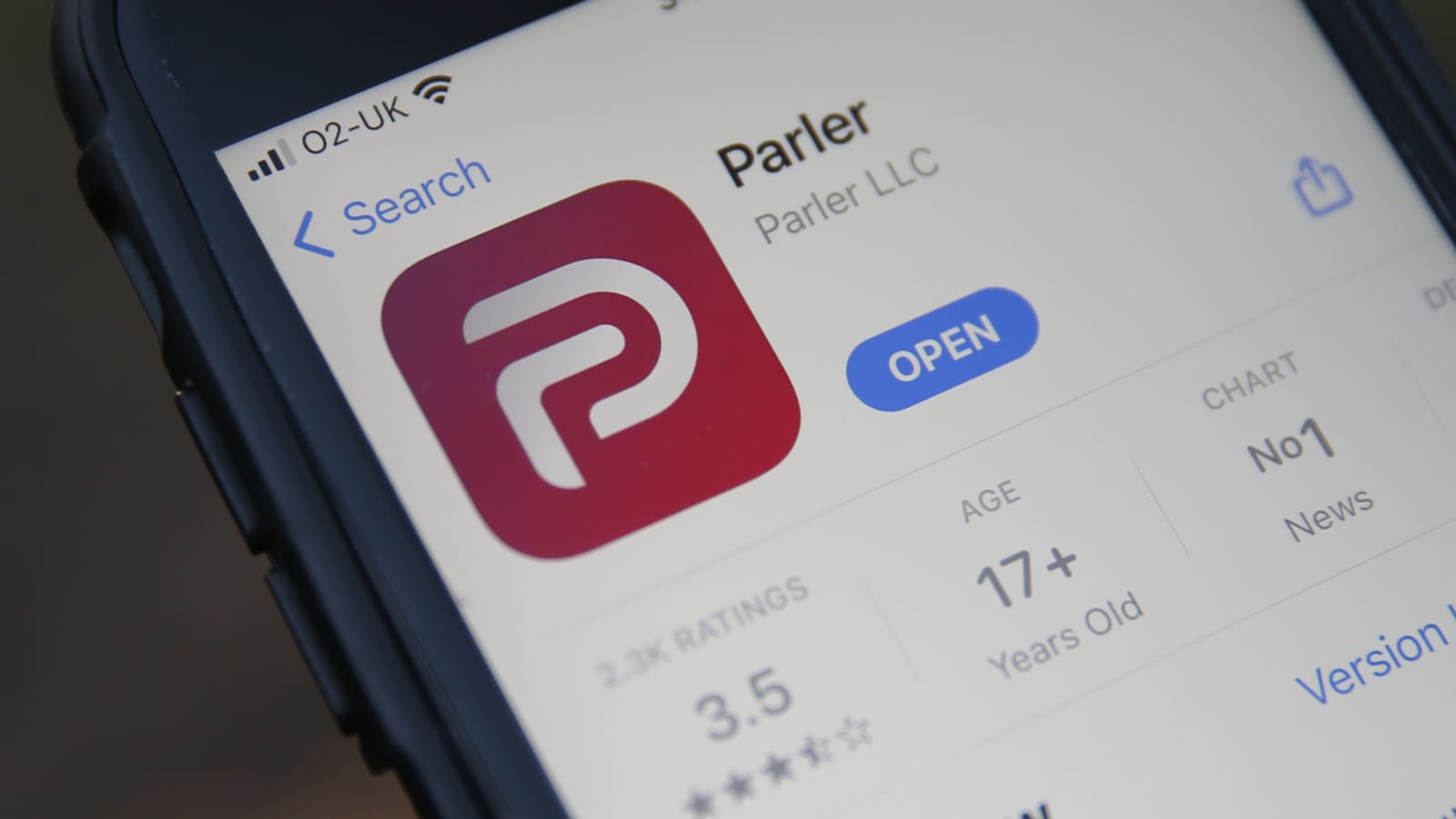Alternative Social Media And Politics In America
Recently, a number of new social mediaoptions have appeared. Many of these explicitly position themselves as alternatives to more well-known social media websites like Facebook, Twitter, and YouTube, particularly by criticizing the widespread free speech restrictions they claim exist at those sites but now it's time to talk about alternative social mediaand their relation to politics in America.
Politics And Alternative Social Media
According to recent KickerDaily journalism research, these younger sites have developed a tiny but happy community of newsconsumers, many of whom say one of the main reasons they visit is to stay informed about current events.
In addition to an audit of seven alternative social media platforms, including BitChute, Gab, Gettr, Parler, Rumble, Telegram, and Truth Social, and a detailed examination of notable accounts and content on each, the study includes a survey of American adults.
Though fewer than ten percent of Americans claim to visit any of these websites for news, the majority of those who do claim to have found a supportive community online.
Additionally, users of the four news websites Parler, Rumble, Telegram, and Truth Social report they are generally happy with their experience getting news from the websites, that they believe the content is usually reliable, and that the debates are generally cordial.
However, the study also discovers indications that these websites may be yet another reflection of the nation's partisan differences in the larger news media ecosystem and the increasingly heated public conversation.
Contrary to news consumers on more established social media sites, who primarily identify as Democrats or lean Democratic, the majority of people who frequently acquire news from at least one of the seven alternative social media sites (66%) identify as Republicans or lean toward the Republican Party.
Additionally, this pattern is prevalent among well-known accounts, with approximately a quarter of these accounts (26%) identifying as conservative or Republican or supporting the "Make America Great Again" movement of former President Donald Trump. Additionally, a lot of well-known accounts also promote other values like nationalism and religiosity.
Many websites have ties to supporters of the right, including Truth Social, which Trump founded roughly a year after being "indefinitely" and "permanently" banned from Facebook and Twitter.
This is not a new phenomenon; the analysis discovered that a significant portion of well-known accounts on these seven more recent sites (15%) had been banned or demonetized on other social media platforms.
Americans who have heard of these websites but do not utilize them as news sources are dubious of them, which is perhaps related.
People in this group frequently mention inaccurate information, political bias, the political right, extremism, and fringe beliefs when asked what they think of when they think of alternative social media platforms.
Alternative Social Media Components
Some of these correlations are mentioned in other study components. Six percent of well-known profiles on these sites make mention of a connection to the QAnon conspiracy theories, which is a small but discernible percentage.
Additionally, an examination of recent content published by well-known accounts on these sites reveals that some of the most popular termsare contentious and even incendiary, such as skepticism about vaccines and unfavorable connotations with LGBTQ individuals.
Additionally, The Gateway Pundit, a website that has come under fire for disseminating misleading material, is frequently cited as a source for links in these posts.
These are some of the significant findings from this important new study, which was intended to examine a variety of facets of the realm of alternative social media.
It looks at the users who use these websites to get their news, investigates how the websites are presented, and provides information on the kinds of accounts that get the most attention and the conversations that are happening there.
For the first part, researchers polled users of BitChute, Gab, Gettr, Parler, Rumble, Telegram, and Truth Social about their news consumption. There were enough news consumers on four of these Parler, Rumble, Telegram, and Truth Social to conduct a closer investigation.
Data Gathering
The seven sites were then all audited by researchers, who looked at their presentational elements, privacysettings, and other aspects. The 200 well-known accounts that were selected at random from those on each of these sites with the most followers were then examined by the researchers.
They looked at a number of characteristics, such as how the 1,400 accounts defined themselves in their profiles. Finally, researchers gathered all 585,470 posts made by these accounts in June 2022 and looked at the topics, key phrases, and links they included.
People Also Ask
What Replaces Twitter?
- Mastodon.
- Cohost.
- Truth.
- Ttibel.
- Parler.
- Tumblr.
What Can I Replace Instagram With?
- EyeEm. EyeEm is a bustling community with over 22 million users.
- 500px. 500px is a social media network truly dedicated to the “social” side of things.
- VSCO. VSCO offers a number of features similar to Instagram.
- Steller. Steller is a unique app that focuses on storytelling.
What Is The #1 Social Media Right Now?
According to the most recent data, Facebook will have 2.93 billion active users in 2022 and will still be the social media king. Accordingly, out of the 4.59 billion social media users worldwide, about two out of every three use Facebook.
Conclusion
Consumers of alternative social media news generally like their time there. A majority of users of Rumble, Truth Social, Telegram, and Parler indicate they are very or moderately satisfied with their entire news-gathering experience, and this pleasure extends to how accurate they believe the information to be.
A quarter or less of news consumers on each of these sites say they are unhappy with the service, while the majority say they are neither satisfied nor dissatisfied.
